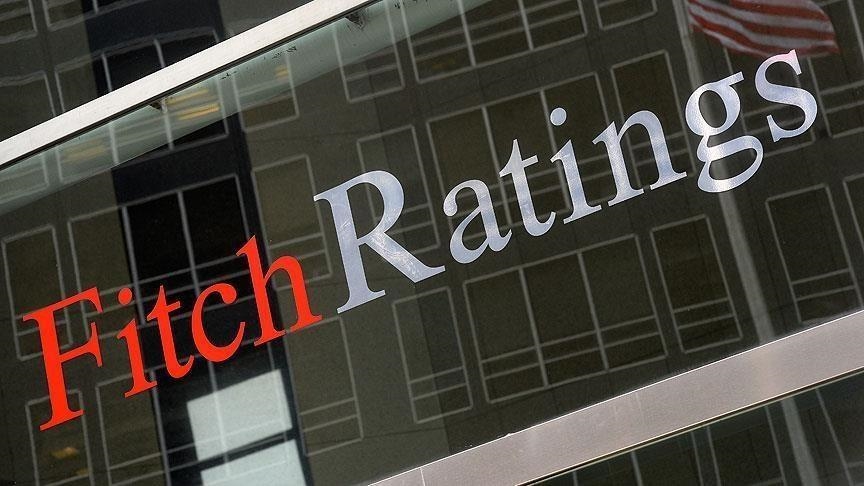ISTANBUL
Fitch Ratings affirmed long-term foreign currency issuer default ratings of the US, Iceland, and Romania with stable outlooks.
Iceland’s A rating is supported by very high income per capita, sizeable buffers, ample foreign reserves, and a large fiscal cash buffer that help mitigate its external vulnerabilities, Fitch said Friday.
“Iceland recorded one of the strongest post-pandemic recoveries among OECD economies, with real GDP at end-2023 11% above its 2019 level,” it said in a statement.
Fitch forecasts a moderation in Iceland’s real GDP growth to 0.6% in 2024, from 4.1% in 2023, and later rising to 1.9% in 2025 and 2.4% in 2026.
It expects inflation to average 6.1% this year, and then decline to 4.1% next year.
The agency said Romania’s BBB- rating is supported by its EU membership and related capital inflows that support income convergence, external finances, and macro stability.
These factors, however, are balanced against large and persistent budget and current account deficits, high budget rigidities, and a high net external debtor position.
Fitch estimates Romania’s economy to grow 2.5% in 2024, after expanding 2.1% in 2023.
“Headline inflation (national CPI measure) has been close to 5% in recent months, compared with double digits until June 2023. Core inflation fell to 5.5% in July 2024, the lowest since January 2022,” it said in a separate statement on Friday.
The US’ rating of AA+ is supported by its structural strengths, high per capita income, its position as the world’s largest economy, and a dynamic business environment, including its financing flexibility from the issuance of the US dollar — the world’s reserve currency.
Those, however, are constrained by high fiscal deficits, a substantial interest burden, and high government debt, it said Thursday in a statement.
“The outcome of the upcoming Nov. 5, 2024 presidential and congressional elections will be important for U.S. economic and fiscal policies. However, Fitch believes the underlying fiscal position will remain largely unchanged despite the differing economic objectives, tax policies, and spending priorities of Vice President Kamala Harris and former President Donald Trump. We expect most of the 2017 tax cuts will be extended under either Trump or Harris,” it said.
Fitch said its expect the Federal Reserve’s first interest rate cut to occur in September, followed by another 25 basis points of cut in December, and an additional 125 basis points of cuts next year.

